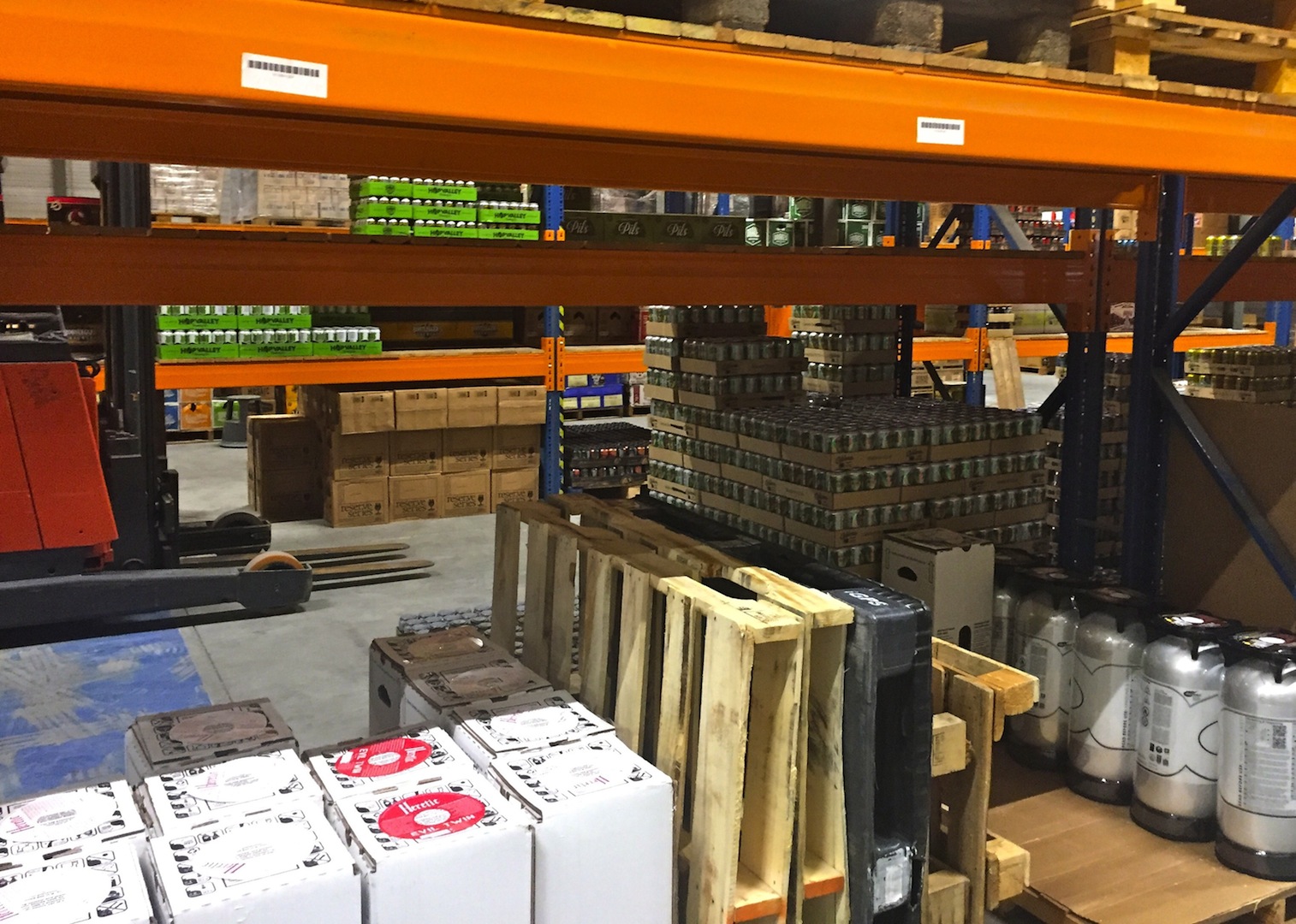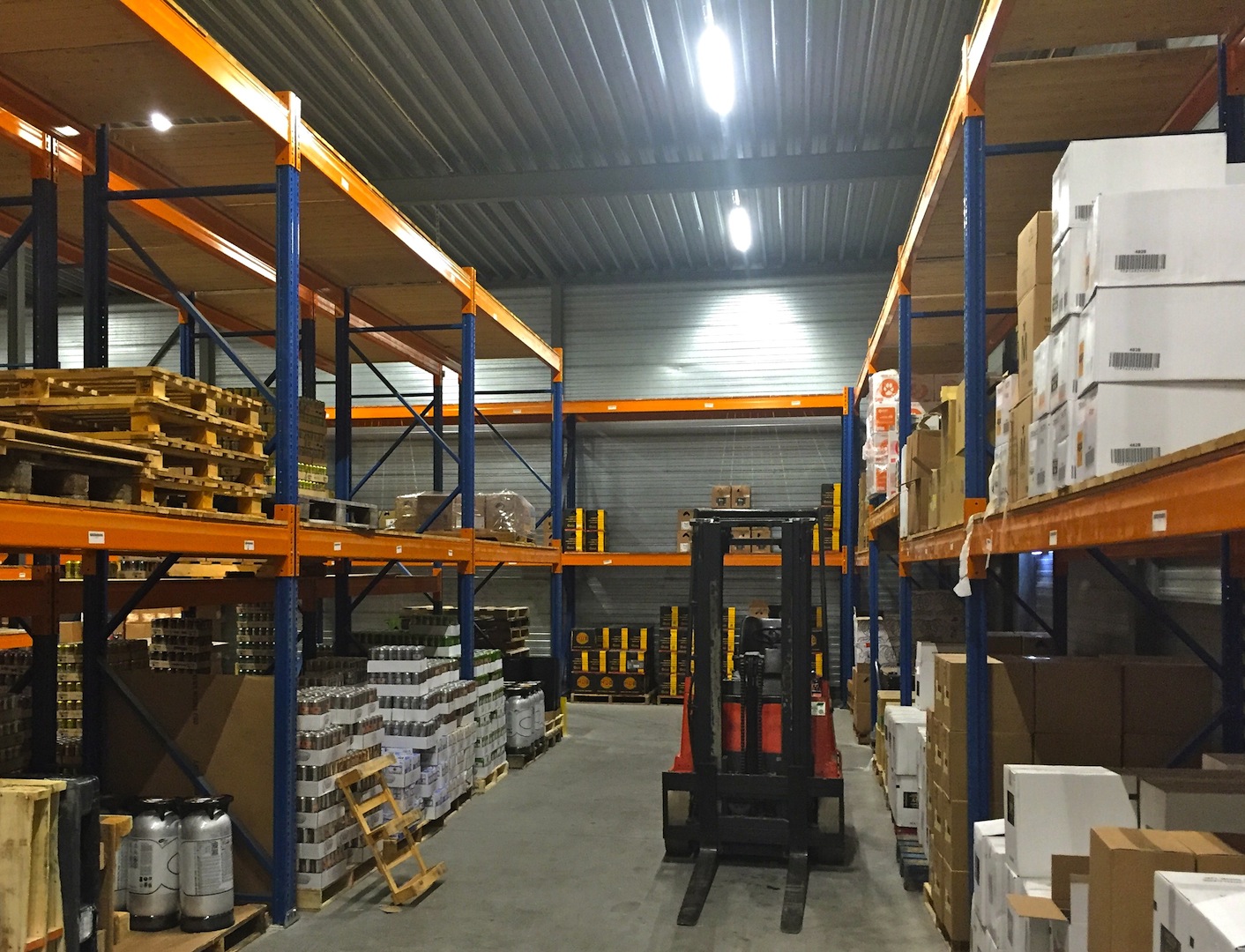Recent Blog Posts
- Is 2021 The Most Important Year Ever For Your Brewery To Win A Medal?
- Creating New Demand In 2021 and Beyond
- What Does Sweetwater Brewing Company’s Sale Mean For Most Small Breweries?
- A Helping Hand For Cash Strapped Breweries
- Has Craft Beer Flavor Innovation Played Itself Out?
- Brewery Staff Attire
- Craft beer is NOT depressed, but the Brewers Association may be...
- Nailing the Basics: Inventory for a Brewery
- Has the BA Become Too Big to Succeed?
- Making Sense of the Revised Craft Brewer Definition
- Two Weeks That Changed My Brewery's Strategy
- Don't Get Stuck in the Middle: European Ownership, Flagship Strategies, & Craft Beer Market Growth
- Goodwill Can Be an Asset for Your Brewery
- Update on Craft Beer in Australia
- 12 NW Whiskeys Reviewed
Submitted by
SUBMITTED BY Sam Holloway ON Mon, 09/18/2017 - 19:55
For the past several months, I have been engaging CAS members on the topic of contract brewing. There is a growing movement within our membership that believes in a simple principle: Beer should be made as close as possible to where it will be consumed. Several members have come out more strongly, saying “it is morally wrong to ship beer across oceans.”
What principles does shipping beer overseas compromise?
- Environmental principle: Shipping water over water is wasteful.
- Freshness principle: If beer needs to be consumed within six months, why let it spend a month on a boat before it enters a distant market?
- Cold chain principle: Many foreign countries simply don’t have a cold infrastructure set up for beer
- Brand and community principle: Suppliers that simply say goodbye to their beer when it leaves their dock have less control over how and where their beer is marketed and lack a direct connection to their new, local market. And, they don’t make good partners to their distributors
- Financial principle: Shipping beer internationally is expensive. Because it can be impossible to retrieve brewery owned kegs internationally, new costs and environmental impacts of one-way kegs are introduced
How could a new business model based on international contract brewing remove these obstacles? What are the benefits?
- Environmental benefits: carbon footprint is reduced
- Freshness Benefits: Beer can be packaged and delivered to retail bars or grocery stores within days (not months)
- Cold chain benefits: There are certain distributors in Europe/Asia that have cold storage, although many bars store beer in the basement (not terrible, but usually 16 degrees Celsius instead of the preferred 5 degrees Celsius). Finding the right distributor with enough cold storage is essential
- Brand and community benefits: Local knowledge, local networks, and an understanding of local labor laws and wages/benefits packages to attract the best talent. Also an understanding of how to remove employees, which is nearly impossible in some countries.
- Financial benefits: It costs between 5,000 Euros (East coast of USA) and 9,000 Euros (West coast) to ship a refrigerated 40 foot container of beer to Europe. Brewing locally, this cost goes away, but pricing stays basically the same. Cooperating partners can use this value to ensure QC/QA, to procure the right ingredients, and also ensure each entity’s margin targets are met.
Fundamentally, a new business model based on international contract brewing creates business advantages. Here are some examples:
- Access new markets and grow your business without capital investments.
- Reciprocity: Contract brew beer for your foreign partner at home, grow new and diverse revenue channels
- Fractional in-market sales reps: Imagine offering your European wholesale partner on the ground support personnel in Europe, but sharing this cost with other CAS member breweries? Each Brewery pays a percentage, the distributor picks up a percentage and you now have a knowledgeable person talking about your beers to new consumers.
- Have fun! Imagine a business trip to Europe or Asia to promote your beer. When was the last time you took a vacation, anyways???
- Be local. We all know that being local and small is a great competitive advantage. Why not partner with a local brewery to brew your beer on their system? You are automatically local, new and innovative.
- Develop your people. Have you ever had a sales person or other employee approach you saying they needed a change? What if you could rotate people through your European operations and create a win-win professional development and personal development scenario?
- Be environmentally friendly.
- Increase the variety of beers you can brew in new markets by eliminating the freshness challenge.
Of course there are risks as well, and we’ve got an entire forum thread on concerns about ingredient quality, equipment, beer quality, storage, and more. Click here for the forum thread: Contract Brewing - Key Contract Provisions.
Next Steps:
CAS member breweries should consider this new business model. Brewers in Europe have a long history of contract brewing. And distribution is not subject to traditional franchise laws like you may see in your state. With no shipping, there is money in the system to make sure everyone gets a fair price. CAS members are already engaged in facilitating contract brewing here in The Netherlands. And, I just toured a brand new, cold warehouse in Breda, Netherlands (images below) and spoke with the owners of USA Beer. They see a bright future in partnering with us. Who’s in?



